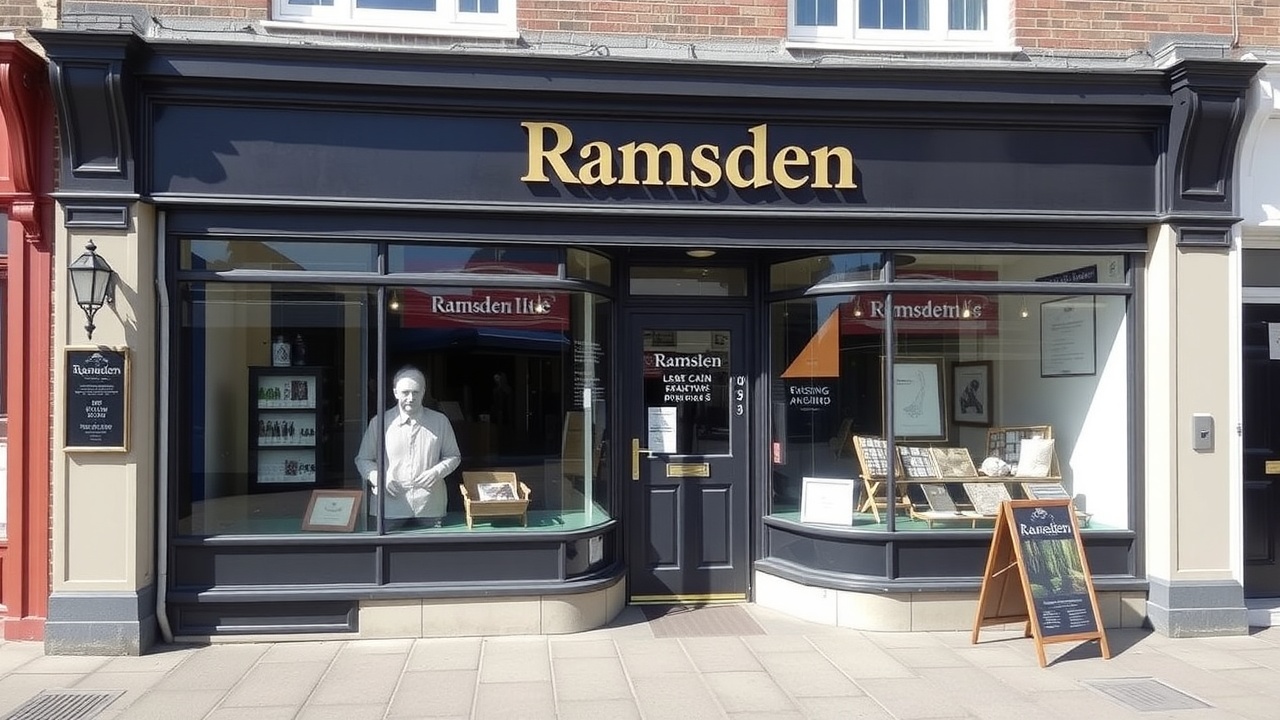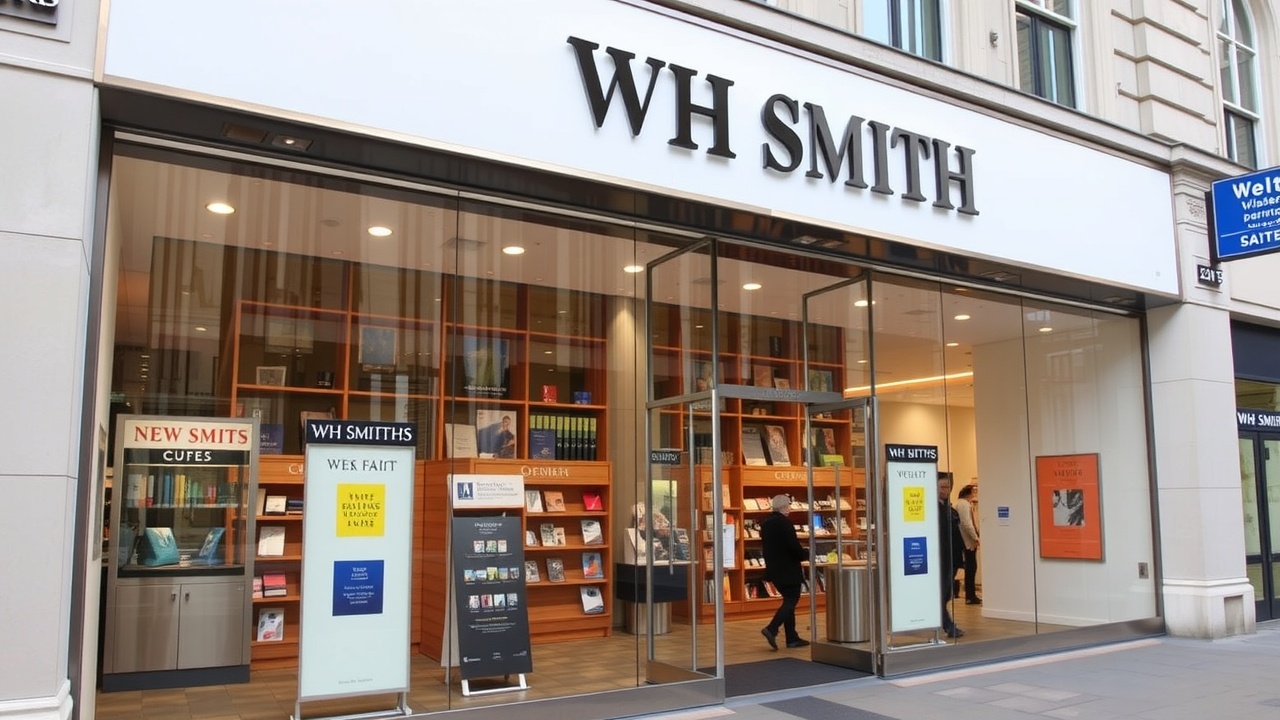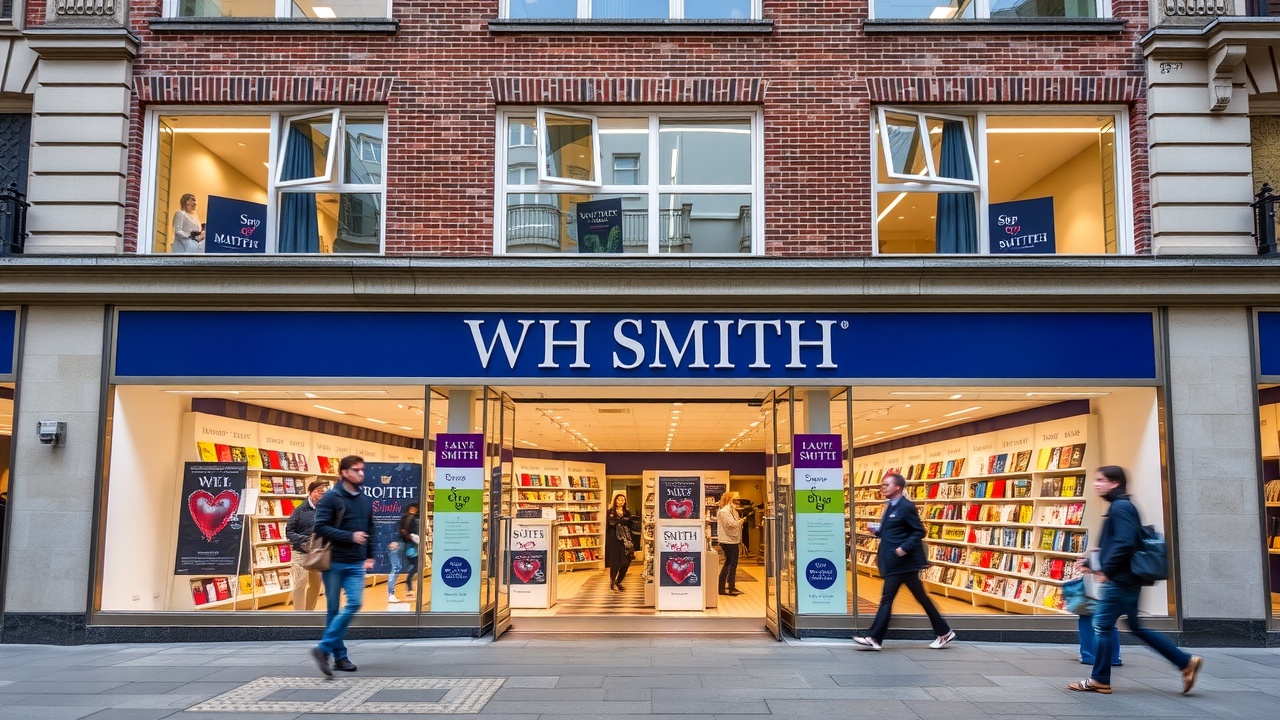
B&M's share price has fallen after it was once a stock market darling
What went wrong for discount stores?
In the past, B&M was a prominent player on the London stock market. The discount store was established in Lancashire in the 1970s, and thanks to its affordable and upbeat selection of kitchen and home goods, it quickly spread throughout the United Kingdom. As the brand gained more recognition, the shares more than doubled over the preceding five years, reaching more than 650p in 2021. Nonetheless, the share price has dropped by over 40% in the past 12 months. Although it opened 70 new stores, it only managed to slightly boost overall sales, and its like-for-like sales over the previous 12 months decreased by 3%. Last week, it revealed that its annual profits had dropped by 13%. The news caused a further 10% decline in the shares.
Poundland, its rival, is not doing any better. In addition to reportedly planning a reorganization that would result in store closures and landlord rent reductions, the chain's Polish owners have already put it up for sale. Wilko has also gone out of business, despite operating in a similar segment of the retail market. It all adds up to one obvious conclusion. The chains that specialize in offering you a phone charger for a pound or less, a large chocolate bar, or some inexpensive tea towels are all having trouble.
It is surprising in many respects. You might anticipate that discount stores would be flourishing in the event of a cost-of-living crisis. Because taxes are constantly increasing, people have less money to spend, and they will most likely increase even further in the fall. With growth not predicted to surpass 1 percent this year, the economy has stalled. Even though the minimum wage has increased by more than inflation, most people are still having difficulty making ends meet, and there is little indication that new investment is coming in. The chains at the posher end of the market should struggle against this backdrop, while bargain retailers should flourish. Rather, it seems to be the opposite, with companies like Marks & Spencer outperforming the market (at least until a cyberattack affected sales).
Budget chains in a fierce struggle for existence.
There are two major issues. First off, the drastic cost increases enforced by the Labour government have disproportionately affected the budget chains. The increase in employers' national insurance and the reduction in the threshold for its payment take effect whether or not a business is profitable. Business rates also don't consider the type of goods you sell or the price you charge. Discount stores are unavoidably the most severely impacted because of their extremely thin profit margins. Additionally, whether you are selling a £1,000 handbag or a single packet of laundry powder, the living wage still applies. Therefore, even though costs have increased for all retailers, it is much simpler for the companies at the top of the market to absorb them than for those at the bottom. That is eliminating any potential profit they may have had.
Second, those with lower incomes are feeling the heat as living standards are squeezed. Professional white-collar workers are at least maintaining their living standards, while the pampered public sector is doing very well, adding jobs and record pay increases. This week's payroll data made it abundantly evident that lower-paid jobs are suffering. While public administration, education, and healthcare have all increased, a total of 274,000 jobs have been lost since the Budget, with the largest losses occurring in industries like restaurants, bars, retail, and auto repair. Although they might still receive benefits, the people who lost their jobs were the target market for the discount stores, and as a result, they unavoidably have less money to spend than they did before.
There is now a fierce struggle for survival at the lower end of the market. It was never easy to make money in the pound shops. Finding the cheapest supplies from around the world required a great deal of attention to detail, a true sense of what customers wanted to purchase, astute negotiating skills, and a fierce focus on efficiency to maintain the lowest prices. Making money was possible if you could do all of those things correctly. That has all changed since then. Even the pound stores are currently losing money due to the dire state of the British economy, and this situation is unlikely to improve anytime soon.














Leave a comment on: As bargain stores suffer, trouble is brewing in BandM